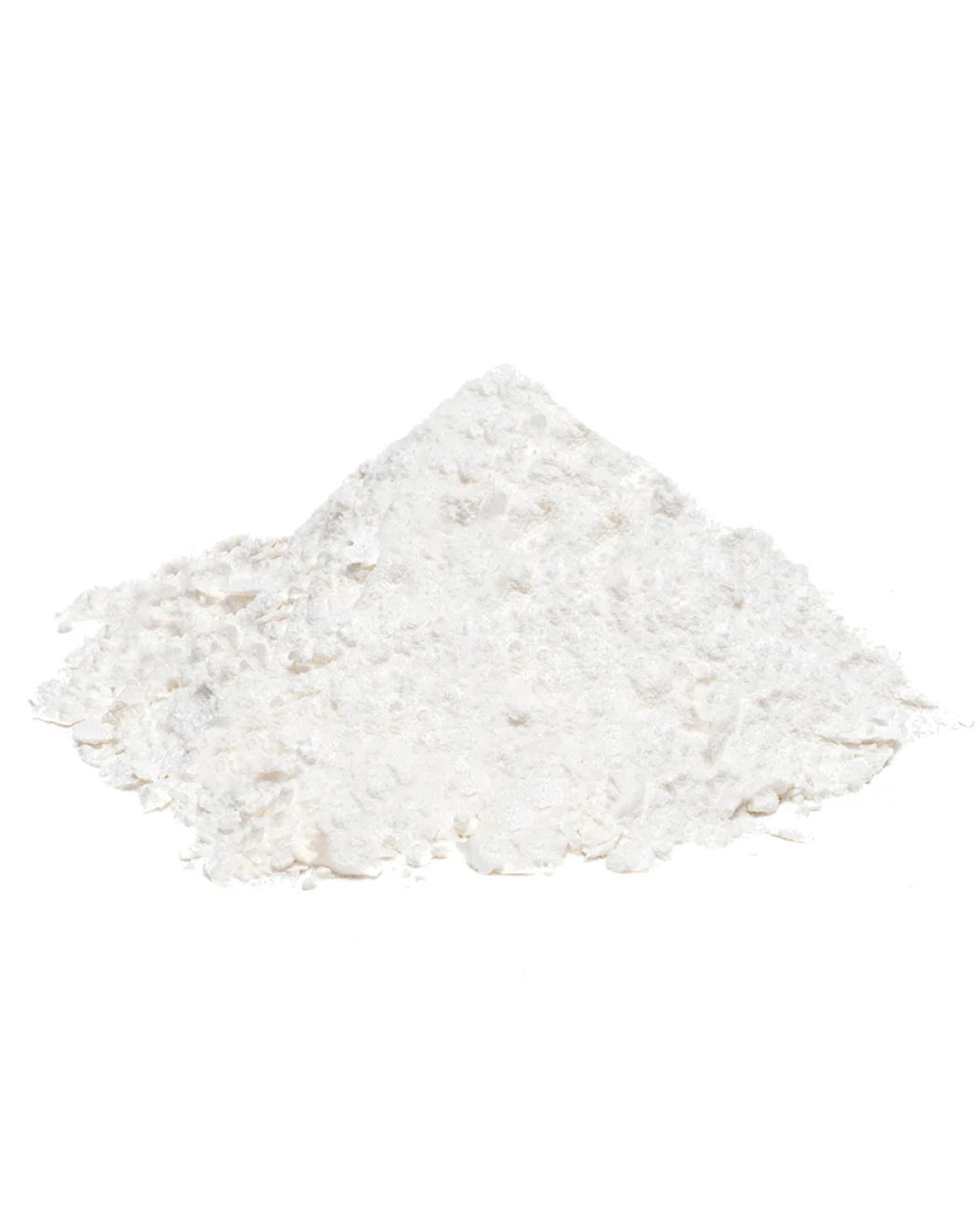Zinc
Zinc sulfate
Zinc is an important trace mineral in the body that plays a role in many cellular processes, healing, growth, and development.
Sourced from Japan
Non-GMO
Disclaimer: The information provided on this page is not a substitute for professional medical advice, diagnosis, or treatment. If you have any questions or concerns about your health, please talk to a healthcare provider.
Some studies have shown that zinc supplementation can improve semen quality in subfertile men and increase testosterone levels in zinc-deficient men.
It is recommended that men have at least 11 mg per day of zinc, which can come from food or supplements. Having too much or too little can be dangerous for your health.
Zinc supplements can interact with certain medications. Talk to your healthcare provider before taking zinc if you are already taking antibiotics, penicillamine, or diuretics.
FAQ
What is zinc?
Zinc is a mineral that is involved in several of the body’s processes. More specifically, zinc is an essential trace mineral, meaning that only small amounts are required but that it is vital to the proper functioning of the human body. Zinc is involved in numerous cellular reactions including cell division and the formation of DNA and proteins. Zinc also plays a role in wound healing, growth, development, taste, and smell.
Where does zinc come from?
Zinc can be found in a wide variety of foods. Oysters and certain other shellfish like crab and lobster are among the foods with the most zinc per serving. Other good sources of zinc include red meat, pork, chicken, yogurt, milk, and eggs. For those who do not eat animal products, zinc can be found in legumes, nuts, and seeds. However, plant-based foods may also contain phytates, which decrease the amount of zinc the body can absorb. Some foods, such as breakfast cereals, are fortified with zinc. This means that zinc is added to the food in a public health effort to help make sure everybody is getting enough each day.
What are the health benefits of zinc?
The health benefits of zinc are far-reaching since the mineral is a necessary part of numerous cellular processes. Purported but unconfirmed or understudied benefits of zinc include treating acne, age-related macular degeneration, anorexia, ADHD, burns, colorectal tumors, the common cold, cramps, depression, halitosis, rash, and sickle cell disease.
Zinc is essential to the immune system, which is the body’s natural defense against infection. White blood cells are a major component of the immune system and circulate through the bloodstream. Whenever foreign organisms (such as bacteria) are present, white blood cells release molecules that regulate inflammation and then work to isolate and kill the organisms. Zinc is necessary for white blood cells to be able to successfully execute each of these functions. This is why maintaining normal levels of zinc is vital to staying healthy; in the setting of a zinc deficiency, these basic immune processes are all negatively impacted (4).
In addition to oral zinc, topical zinc can be beneficial to health. Zinc oxide, when applied to wounds like leg ulcers, has been seen to promote healing by decreasing inflammation, inhibiting bacterial growth, and stimulating the migration of skin cells into the wound (1).
Zinc also has the following health benefits, which is why it was chosen to be an ingredient in the Ro's Testosterone Support supplement:
Studies looking specifically at zinc’s effects on testosterone are limited. They include the following:
Semen: In one study of subfertile men in Sudan with reduced sperm count and mobility, supplementation with 110 mg of zinc sulfate (equivalent to 25 mg of elemental zinc) twice per day for three months led to an increase in follicle stimulating hormone (a hormone that stimulates testicular growth and helps maintain sperm cells), an increase in testosterone, and improvement in sperm motility percentages (6).
Sexual function: In one study on male rats, supplementation with zinc improved sexual competence by increasing thrusting and time to ejaculation. Increases in testosterone levels were also noted and the benefits were found to be dose-dependent. There was also a reduction in libido but these results were not statistically significant (2).
Testosterone: One study looked at the link between zinc concentrations and testosterone levels in forty men. When dietary zinc was restricted for twenty weeks in normal men, testosterone levels declined. When 30 mg per day of zinc supplementation was given for six months to elderly men who were deficient, testosterone levels rose (5).
In what forms is zinc available?
You can get omega-3 directly through the diet or by taking supplements. Supplements that contain EPA and DHA include fish oil, krill oil, cod liver oil, and algae oil (which is a vegetarian option). Depending on the type of supplement and oil you get, there may be different concentrations of triglycerides, phospholipids, and other compounds mixed in with the omega-3 fatty acids (4).
How much zinc is recommended?
Unlike some minerals, the human body does not have an effective way to store zinc, so it must be ingested every day with food. If you do not consume enough zinc, you may become zinc deficient, which can lead to a number of symptoms and health problems. The Recommended Dietary Allowance (RDA) of zinc is 11 mg per day for men over the age of 13. Women over the age of 18 should have 8 mg per day unless they are pregnant (11 mg per day) or breastfeeding (12 mg per day). The RDA represents the daily amount of a mineral that is considered sufficient for 97–98% of healthy individuals.
On the other end of the spectrum, the Tolerable Upper Intake Level (UL) for zinc is 40 mg per day for both men and women over the age of 18. Repeated intake of amounts greater than the UL can lead to poor health outcomes (3).
